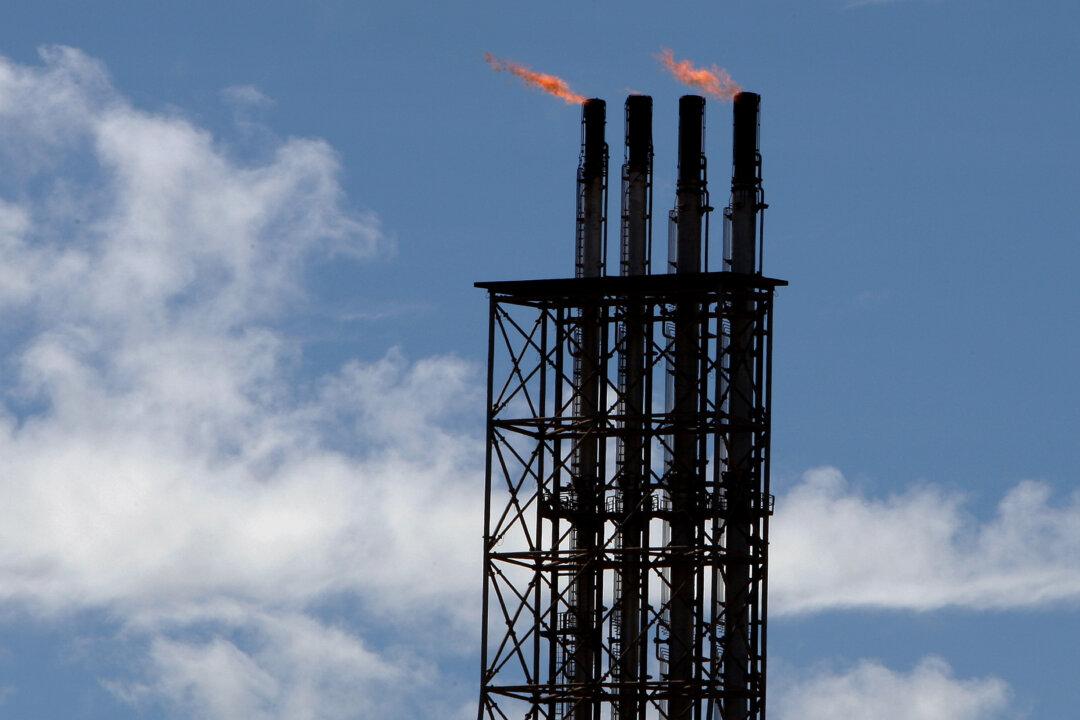The federal Labor opposition intends to block the Morrison government’s proposed changes to the Clean Energy Finance Corporation (CEFC) that will see the green bank open to investing in new gas projects.
Meanwhile, one backbench Nationals MP thinks coal is needed to strengthen Australia’s capacity to be resilient in withstanding problems that may come in the future, naming the pre-eminence of China as the biggest issue the country faces.





